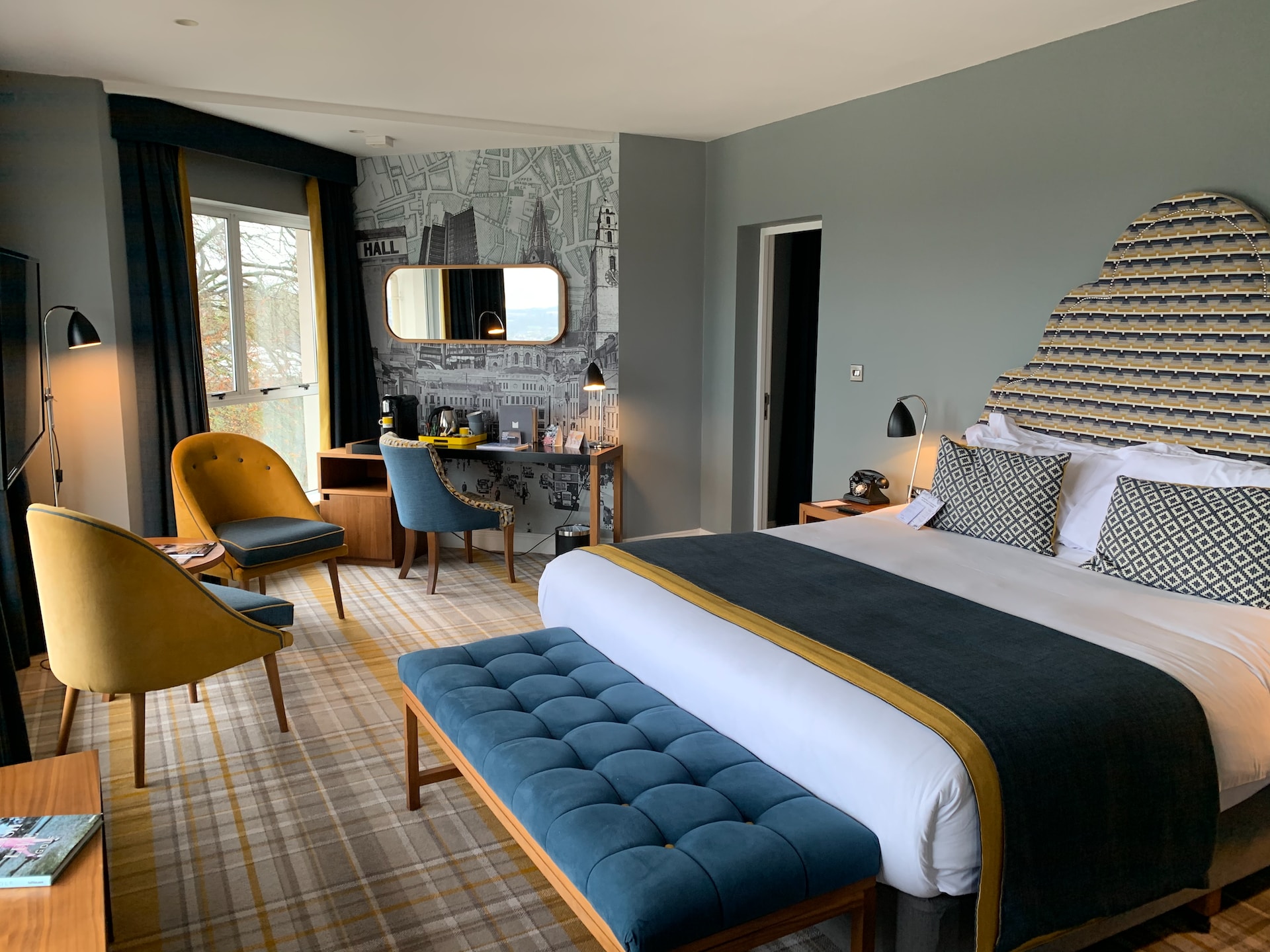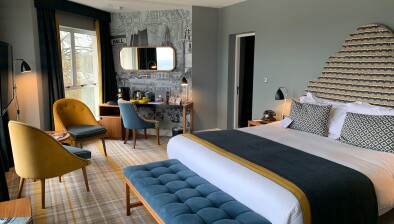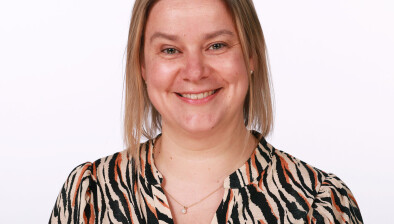RSM: Scotland’s hotel industry benefits from welcome boost in February

Demand in Scotland’s hotels sector started to pick up in February, boosted by half-term holiday staycations, according to the RSM Hotels Tracker.
The data, which is compiled and produced by Hotstats and analysed by RSM UK, shows occupancy jumped to 68.8% in Scotland last month; up from 64.2% in February 2022, 58% in January 2024, and exceeding pre-pandemic levels of 64.3%.
Average daily rates (ADR) of occupied rooms increased to £102.68 last month, up from £89.39 in January 2024, £92.17 in February 2023, and pre-pandemic rates of £80.77 in February 2020. Revenue per available room (RevPAR) of Scottish hotels increased to £70.61 in February 2024, up from £51.88 in January 202, £59.22 in February 2023 and £51.92 in February 2020.
Gross operating profits (GOP) saw a sharp monthly jump from 2.4% in January 2024 to 18.3% in February 2024, with further increases in comparison to February 2023 (12.8%) and February 2020 (15.2%).
Stuart McCallum, partner and head of consumer markets in Scotland at RSM UK, said: “February was a relatively strong month for the Scottish hotel sector, boosted by households opting for UK staycations during the half-term holiday and romantic Valentine’s Day getaways. The latest uptick does not come as a surprise, as it’s a very seasonal business, however hoteliers will be relieved to see activity pick up in February, after a slow start to the year.
“While the wider leisure and hospitality industry achieved only a modest increase in sales last month according to the CGA RSM Hospitality Business Tracker, and growth was flat for retail sales, it seems the hotel industry continues to be the most resilient when facing current headwinds. Encouragingly, the outlook also remains positive, helped by the UK’ economic recovery and improving consumer confidence as households start to feel like they have more money in their pocket.”
He added: “In Scotland this is even more significant, as hotel owners have not received access to the same level of support as businesses south of the border have experienced, namely business rates relief. There are also ongoing challenges for Scotland’s night-time economy which will impact the hotel sector, including staffing issues and the Glasglow Low Emission Zone initiative, which is weakening footfall for local businesses and demand for taxis.
“But, there is reason for cautious optimism, as Glasgow city council has postponed plans to extend parking charges after receiving resistance from the night-time economy. This shows that, although on a local level, government is responding to concerns raised by businesses.
“However, with an upcoming general election, hoteliers will be hoping that parties consider wider industry issues, such as not implementing the proposed “tourist tax” and broadening the number of international flights direct into and out of Scotland, to ensure Scotland continues to attract visitors from across the UK and internationally.”
Thomas Pugh, economist at RSM UK, added: “The strength of the hotel sector in February is another piece of evidence that suggests last year’s recession is already over. It is also a sign that consumers’ preference for spending on experiences over goods remains intact.
“Looking ahead, there are reasons to be positive about the outlook over the next two years. Inflation should fall back below the Bank of England’s 2% target in April and remain below it for most of this year, combined with decent wage growth that will cause households’ real incomes to rise rapidly. Throw in another 2p cut in National Insurance and households’ incomes look much stronger in the second half of this year. What’s more, the sharp fall in inflation will set the stage for interest rate cuts from June.
“As consumer confidence improves, households will spend more of this new-found income, and if the propensity to spend on experiences remains, then the hotel sector should be a major beneficiary.”






